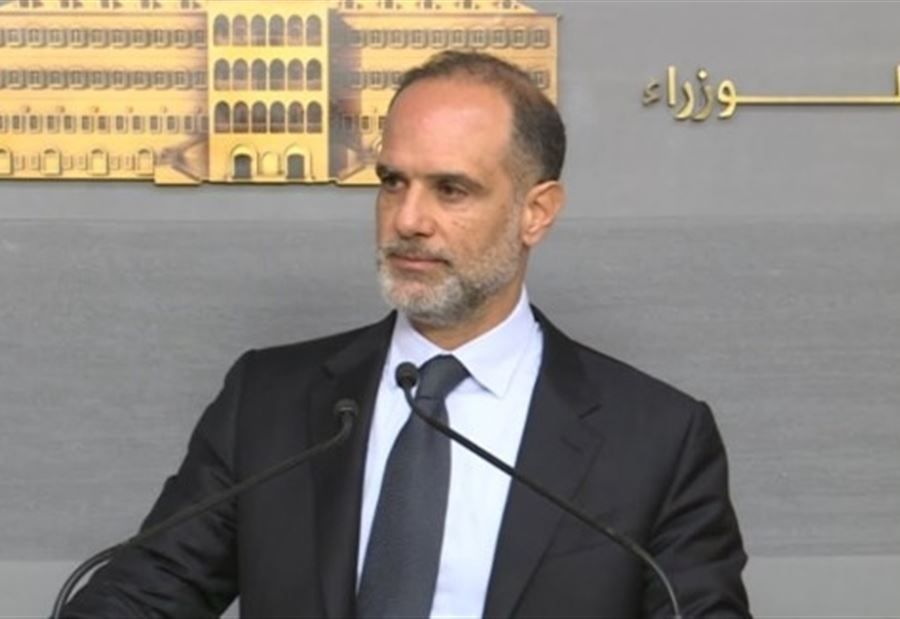
Public Works Minister Fayez Rasamny on Wednesday urged citizens to “take responsibility” and stop dumping waste along roadsides, warning that sewage mixing with rainwater poses serious risks ahead of the winter season.
In his remarks at a press conference in Dbayeh, near one of the capital’s most flood-prone areas, Rasamny outlined the ministry’s preparedness plan and public awareness campaign. He stressed that while ministries are coordinating efforts, limited state resources and underfunded municipalities cannot address the challenge alone.
“We need contractors to take over and monitor roads during the winter,” Rasamny said, noting that awareness campaigns are already underway and that private companies are being asked to step up their involvement.
Joined by MPs, representatives from the Ministries of Interior and Energy, and members of the Council for Development and Reconstruction (CDR), the minister emphasized that cooperation is essential: “we are doing our duties, but the problems are much bigger than us. Cooperation is the name of the game at this stage.”
Rasamny concluded by calling on municipalities to intensify awareness drives and enforce fines to curb roadside littering, describing citizen participation as critical to preventing seasonal flooding.
Flooding and traffic jams caused by heavy rains remain a recurring scourge in Lebanon, where aging infrastructure struggles to absorb precipitation. With each episode of rainfall, roads, tunnels, and strategic access routes—such as those leading to Beirut International Airport—are submerged, trapping motorists and paralyzing traffic for hours.
This situation stems from several factors: inadequate and poorly maintained sewage networks, rapid and chaotic urbanization that reduces natural infiltration zones, and the ongoing deterioration of road infrastructure, clogged with debris and mud carried by the water.
The consequences are severe: loss of life, extensive material damage, wrecked vehicles, and blocked roads. In recent years, examples have multiplied: in November 2024, torrential rains flooded several neighborhoods of the capital, immobilizing hundreds of cars, while in December 2023, four children perished in floods that also forced the closure of key roads.



Comments